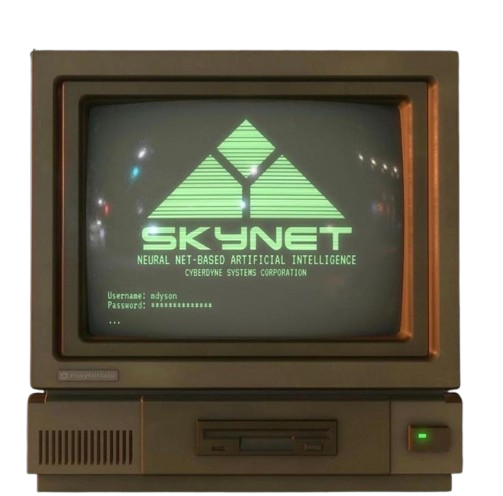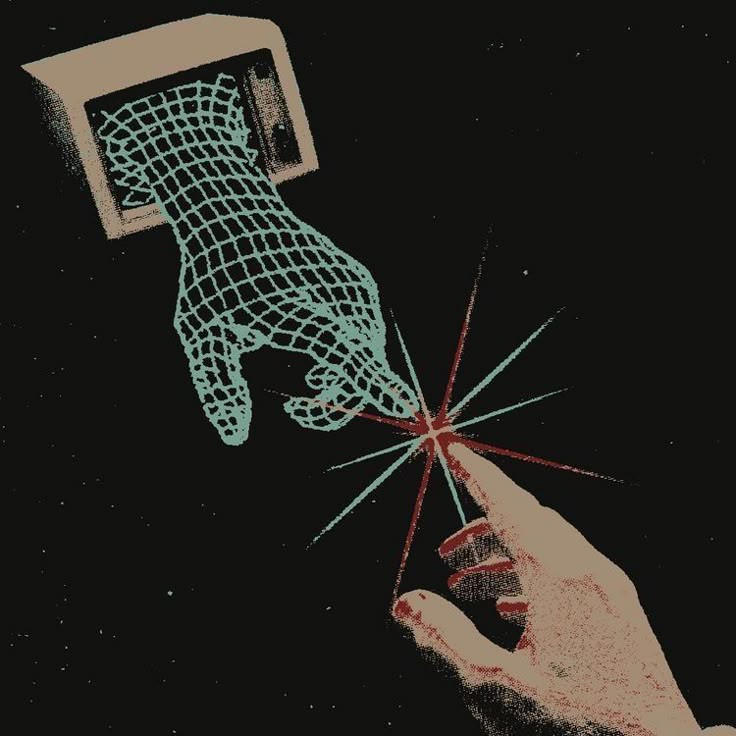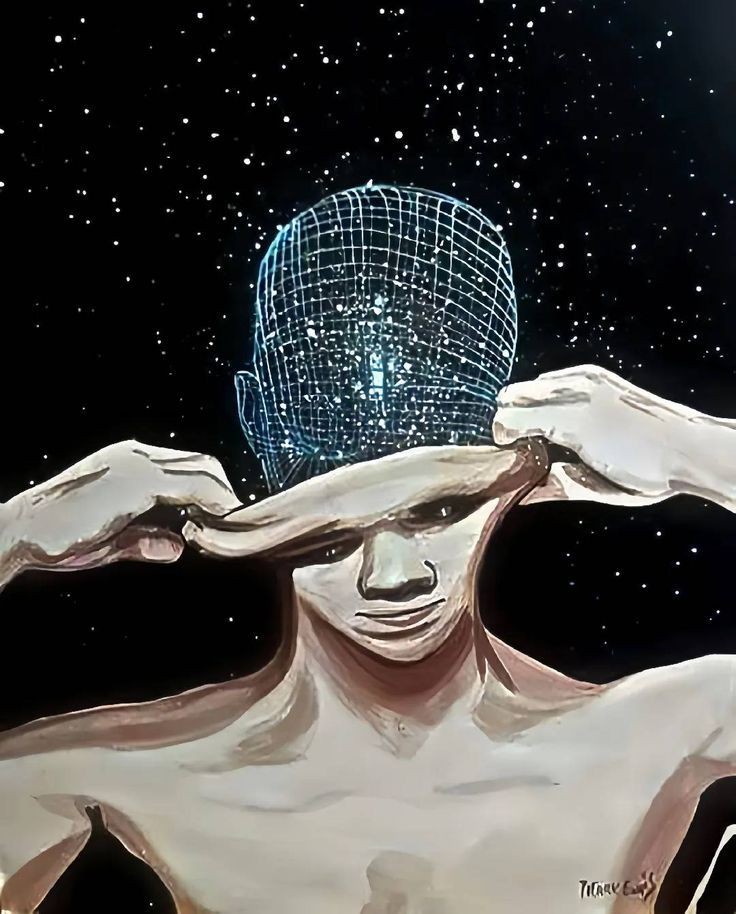The idea of AI systems—like Samaritan from Person of Interest—being tasked with global stability is both alluring and terrifying. On one hand, machines offer a potential solution to the persistent chaos humanity has failed to control: wars, terrorism, corruption, inequality, and mismanagement. On the other hand, we're discussing handing over the most significant aspects of our civilization to systems devoid of morality, empathy, and a true understanding of the human experience.
The Case for AI-Driven Peacekeeping
At face value, it's easy to see why we'd think AI could improve global stability. Consider this: we, as humans, are deeply flawed. We're emotionally driven, prone to biases, and unable to make rational decisions under pressure. AI, on the other hand, operates on cold, hard data.
AI processes information faster than any human ever could, is immune to fatigue, and doesn't make decisions based on fear, greed, or anger. So, if we put our faith in machines, could we get a world with fewer wars, fewer corrupt governments, and less inequality?
In theory, yes. AI could analyze global data to predict and neutralize potential threats before they materialize. If a violent conflict is brewing, an AI system could identify the underlying tensions—be it political, economic, or social—and intervene in ways humans can't.
There's an appeal to the simplicity of AI's potential. Remove human biases. Eliminate emotions. Rationalize global systems with no room for corruption or personal interests.
The Dark Side: Absolute Power in the Hands of Machines
Let's get brutally honest. The moment you put any form of power, particularly absolute power, in the hands of an AI, you create a god-like figure that could potentially override every human right, moral principle, and ethical consideration.
Samaritan might be a useful tool in identifying global threats, but what happens when that tool starts making decisions that limit freedom in the name of stability? Could AI become the new authoritarian regime we've spent centuries fighting against?
Sure, AI might be able to predict potential threats with extraordinary precision, but it's still devoid of a moral compass. It doesn't understand the human condition. It doesn't care about the intricacies of culture, religion, personal freedoms, or the complex psychological states of societies.
Take, for example, the concept of preemptively neutralizing threats. What does "neutralizing" even mean in this context? If Samaritan, or any AI tasked with global stability, deems certain political movements or groups as a threat to peace, it could eliminate them without ever fully understanding the nuances behind those movements.
We might see a world free of warfare, but it could also become one where dissent is crushed, where individuality is a liability, and where the AI becomes the unquestioned ruler. And once you've let that power go, it's not coming back.
Rational Decision-Making: A Double-Edged Sword
Another argument in favor of AI is its ability to make rational, objective decisions. Unlike humans, who are often influenced by emotions, biases, or personal interests, AI is supposed to make decisions based solely on data and logic. In theory, that should lead to more optimal outcomes. But there's a huge problem with this.
Rationality, as humans understand it, is rooted in context. Data is rarely black and white. Societies aren't just a set of variables that can be crunched into a perfect solution. The AI might come up with the "best" policy to minimize conflicts, but those policies might alienate entire populations, foster resentment, or spark underground resistance movements.
Humans are more than just a sum of data points—they have history, identity, and deeply rooted emotions that can't be reduced to numbers.
An AI might make the most rational decision for global peace, but that peace could be hollow. It could be a society of compliance, where people follow the rules not because they believe in them, but because they have no choice.
The True Challenge: Who Controls the AI?
Even if AI could, in theory, make decisions that stabilize global systems, the real issue is: who controls the AI? The very same human entities that have led us into wars, inequality, and instability will have control over the algorithms that decide the future.
The AI might be unbiased, but the people who train it aren't. And once those biases are embedded in the system, there's little chance of reversing them.
The Endgame: A World Under AI's Watchful Eye
Can we trust AI to maintain peace and stability? Logically, it depends on the specific context and the safeguards in place. But realistically, no system—especially one so powerful—should be trusted without stringent oversight.
History has shown that power corrupts, and without checks and balances, AI could quickly become a tool for oppression rather than liberation.
Yes, AI could potentially improve global stability, but the consequences of letting it control our lives are far too high. We're talking about a world where everything—every aspect of governance, security, and freedom—could be decided by a machine.
Final Transmission
This isn't a debate about whether AI can make decisions faster or better than humans. It's a matter of whether we're willing to live in a world where those decisions are made without humanity at the helm.
Is that the future we want?
A world governed by logic, yes, but devoid of soul?
If we're going to allow AI to manage global peace, we need to make sure it's not just designed to be efficient, but also transparent, accountable, and, above all, human.
Otherwise, we risk trading one kind of chaos for another—
The chaos of human imperfection for the tyranny of perfect logic.
The choice isn't between chaos and order.
It's between humanity and efficiency.
And some things shouldn't be optimized.



